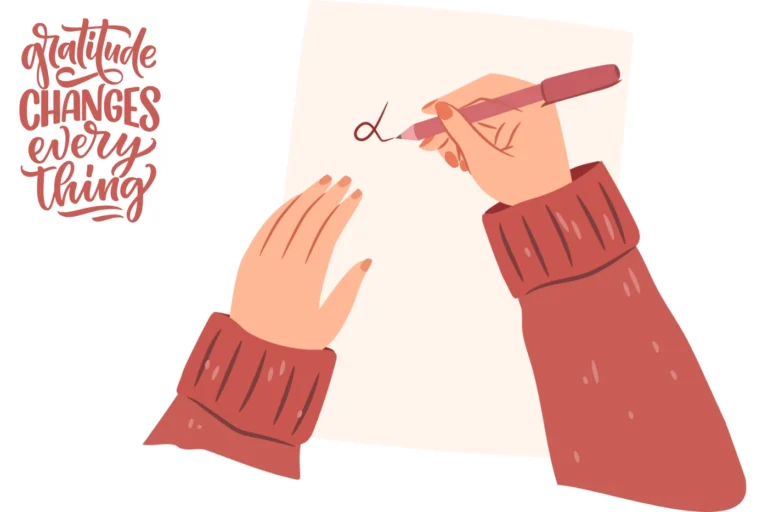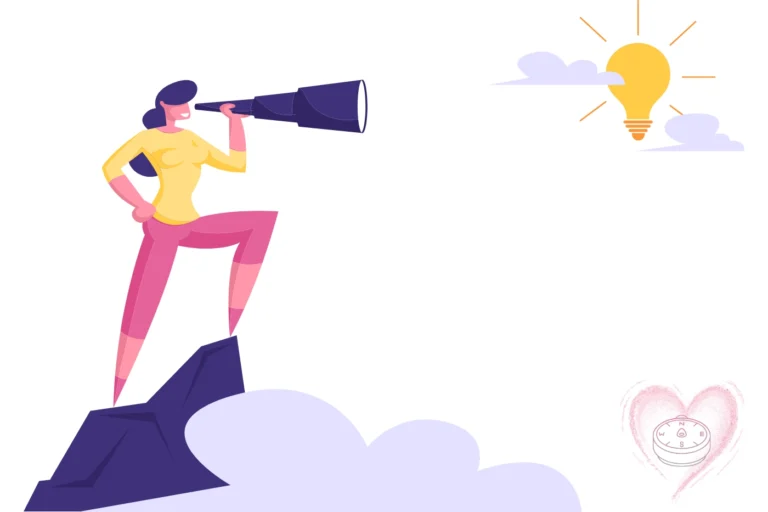Last week, I completely lost it during a team meeting. Someone criticized my project, and instead of listening, I got defensive and snapped at them. Walking back to my desk, I felt that familiar mix of embarrassment and regret. We’ve all been there, right? Those moments when our emotions hijack our better judgment.
That’s what sparked my deep dive into emotional intelligence. Not just as some corporate buzzword, but as a genuine life skill that impacts everything from our relationships to our careers to our own peace of mind.
What I’ve learned is that emotional intelligence isn’t something you’re simply born with – it’s something you can actively develop. In this post, I’m sharing the 30 strategies that have genuinely helped me become more emotionally intelligent. These aren’t quick fixes but practices that, when applied consistently, can transform how you understand yourself and connect with others.
Self-Awareness: Understanding Your Inner Landscape
Emotional intelligence begins with recognizing what’s happening inside you.
1. Notice your emotional triggers
I used to react instantly when someone interrupted me. Now, I pause and notice: “That’s my trigger about not feeling heard.” Just labeling it helps me respond more thoughtfully. What conversations or situations reliably get under your skin?
2. Check in with your body
Our bodies often know we’re stressed before our minds do. Tight shoulders? Racing heart? These physical signals are emotional data. Yesterday, I noticed my jaw clenching during a phone call – a sign I was getting frustrated before I even consciously felt it.
3. Name your feelings specifically
Instead of just saying “I feel bad,” try to pinpoint exactly what you’re feeling. Is it disappointment? Uncertainty? Shame? Research shows that labeling emotions with precise language actually helps diminish their power over us.
4. Keep a feelings journal
Spending just five minutes at the end of the day writing about emotional moments helps identify patterns over time. I was surprised to discover how often my irritability correlated with skipping lunch!
5. Ask for honest feedback
Sometimes others see emotional patterns we’re blind to. My partner pointed out that I get defensive when plans change suddenly – something I hadn’t realized about myself. Who could give you that kind of honest insight?
6. Notice your impact on others
When I enter a room tense or anxious, I’ve started paying attention to how that energy affects people around me. Our emotions are contagious – what are you spreading?
Reflection: Which of these self-awareness practices seems most immediately helpful for you personally? When will you start?
Self-Regulation: Steering Your Emotional Ship
Feeling emotions deeply is human. Managing them effectively is emotional intelligence.
7. Create a pause button
I’ve trained myself to say “Let me think about that” when feeling emotionally charged. This tiny buffer prevents reactions I’ll regret later. What could your pause phrase be?
8. Practice mindful breathing
When I feel emotions intensifying, taking three deliberate breaths activates my parasympathetic nervous system. It’s simple but remarkably effective for resetting your emotional state.
9. Challenge catastrophic thinking
When a client canceled last month, my mind immediately went to “I’ll lose all my business!” Simply asking “What’s the evidence this thought is true?” helps bring perspective to runaway emotions.
10. Develop healthy outlets
Physical movement processes emotions differently than thinking alone. A quick walk around the block after tense meetings helps me discharge emotional energy constructively.
11. Reframe situations
Instead of thinking “This person is trying to undermine me,” I try reframing to “They might have information or concerns I haven’t considered.” How we interpret events dramatically affects our emotional response.
12. Know your emotional kryptonite
I’m most vulnerable to poor emotional regulation when I’m tired or hungry (or both!). Recognizing these conditions helps me compensate or at least understand why I’m struggling. What circumstances make your emotional regulation harder?
Reflection: Which emotion do you find most challenging to regulate? Which strategy above might help specifically with that emotion?
Motivation: Finding Your North Star
Emotional intelligence includes harnessing emotions to pursue meaningful goals.
13. Connect with your values
When I’m procrastinating, asking “How does completing this align with what matters most to me?” reconnects me to intrinsic motivation. What deeply matters to you that could power you through difficulties?
14. Celebrate small wins
I keep a “done list” alongside my to-do list to acknowledge progress, not just completion. Noticing these moments generates positive emotions that fuel continued effort.
15. Use setbacks as data
When I missed a deadline recently, instead of spiraling into self-criticism, I asked “What can I learn from this for next time?” Emotions around failure contain valuable information if we’re willing to examine them.
16. Visualize success
Before important presentations, I spend time imagining not just what I’ll say, but how it will feel to communicate effectively. This emotional rehearsal increases confidence when the actual moment arrives.
17. Find your flow activities
Activities where you lose track of time – whether gardening, coding, or cooking—give clues about what intrinsically motivates you. I’ve restructured parts of my work to include more elements that create flow for me.
18. Practice gratitude intentionally
Each morning, I think of three things I’m genuinely thankful for. This isn’t toxic positivity – it’s training your brain to notice the good alongside the challenges. How might you incorporate gratitude authentically?
Reflection: Think about a current goal you’re struggling with – which motivation strategy could help reignite your emotional connection to it?
Empathy: Bridging the Gap to Others
Understanding others’ emotional worlds is perhaps the most transformative aspect of emotional intelligence.
19. Practice full-attention listening
I’ve caught myself planning my response while someone’s still talking. Now I focus completely on understanding before thinking about my reply. The quality of my conversations has dramatically improved.
20. Look beyond behavior to feelings
When my friend snapped at me about something minor, instead of snapping back, I wondered what might be behind the irritation. Turns out they’d received difficult news that morning. What emotions might be driving the challenging behaviors you encounter?
21. Validate before problem-solving
My instinct is to jump straight to solutions. Learning to first say “That sounds really difficult” or “I can see why you’d feel that way” has transformed my relationships. People need emotional understanding before practical help.
22. Read literary fiction
Studies show reading stories that explore characters’ inner lives actually increases empathy. I’ve made it a habit to read fiction that exposes me to experiences different from my own.
23. Practice perspective-taking
When confused by someone’s reaction, I try to imagine their day before our interaction. What stresses or contexts might explain their emotional state? This mental habit reduces judgment and increases understanding.
24. Notice non-verbal cues
Communication is mostly non-verbal. I’m learning to pay attention to tone, facial expressions, and body language that might tell a different story than words alone. What might you be missing by focusing only on what’s said?
Reflection: With whom do you find it most difficult to empathize? What might help you understand their emotional perspective better?
Social Skills: Building Stronger Connections
The culmination of emotional intelligence is applying awareness and understanding to improve relationships.
25. Express appreciation specifically
Instead of a generic “Thanks for your help,” I try to name exactly what someone did and its impact: “When you stayed late to help me finish the presentation, it made me feel supported and less overwhelmed.” Who deserves this kind of specific appreciation from you?
26. Have the courage for difficult conversations
I used to avoid conflict at all costs. Now I recognize that addressing issues respectfully before they fester is actually kinder in the long run. What conversation have you been avoiding that needs to happen?
27. Take responsibility for your impact
Even with good intentions, our words and actions affect others. When I realized I’d hurt a friend’s feelings, saying “I intended to be helpful, but I can see now how my comment came across as criticism” repaired the connection far better than defensiveness.
28. Respect emotional boundaries
Not everyone processes emotions the same way. My partner needs space when upset, while I prefer talking things through immediately. Recognizing and accommodating these differences shows emotional intelligence in action.
29. Balance assertiveness with consideration
Emotional intelligence isn’t about suppressing your needs—it’s expressing them while remaining mindful of others. I’m learning to state my boundaries clearly without accusation or apology.
30. Be genuinely interested in others
Perhaps the simplest but most powerful social skill is curiosity about other people’s experiences. Asking questions and really caring about the answers creates connection like nothing else.
Reflection: Which relationship in your life would benefit most from applying these social skills? What’s one small step you could take today?
The Journey, Not the Destination
Improving emotional intelligence isn’t something you complete – it’s an ongoing practice. Some days I nail it; other days I wonder if I’ve learned anything at all. That’s normal. What matters is continuing to show up with self-awareness and the willingness to grow.
I’d love to hear which of these strategies resonates most with you or what approaches have helped develop your emotional intelligence. Share in the comments – we’re all learning together.
What’s one emotional intelligence strategy you’ll commit to practicing this week?






